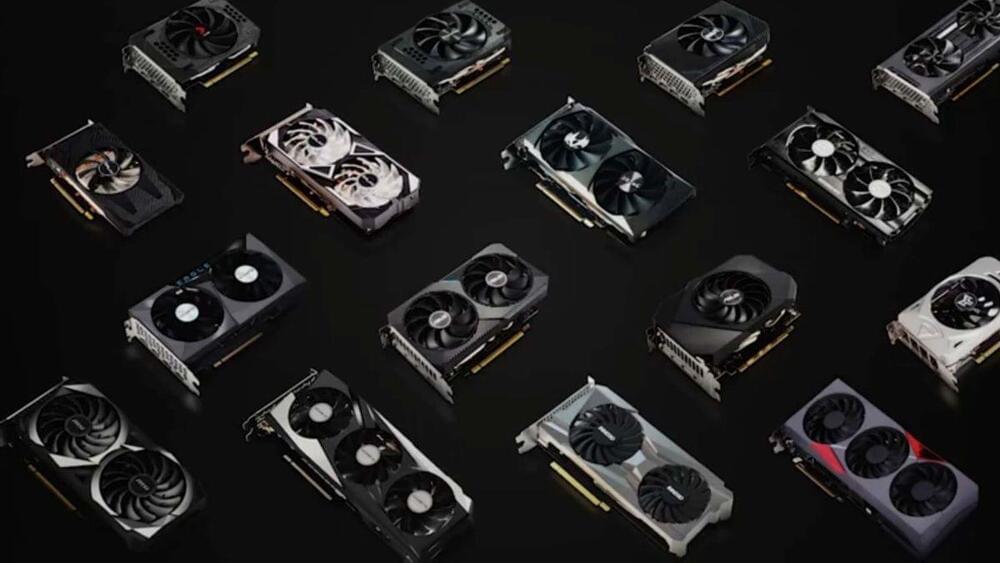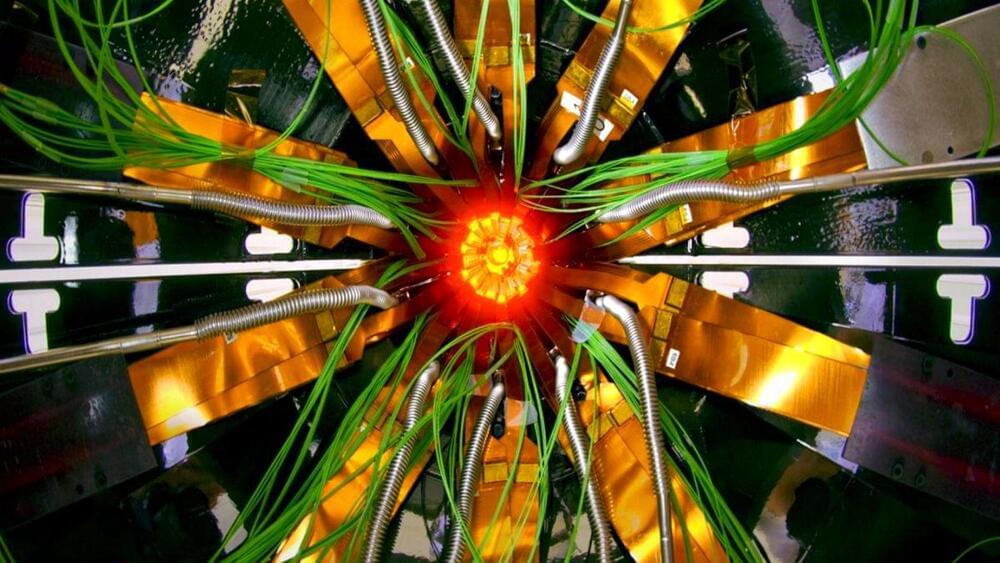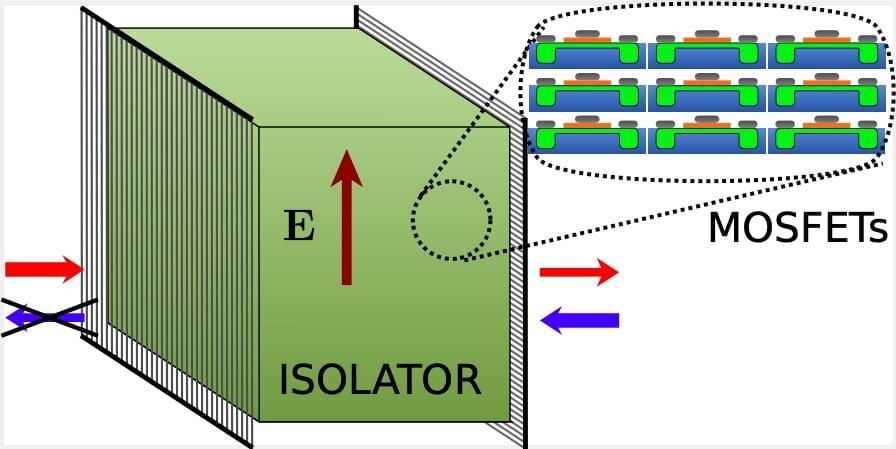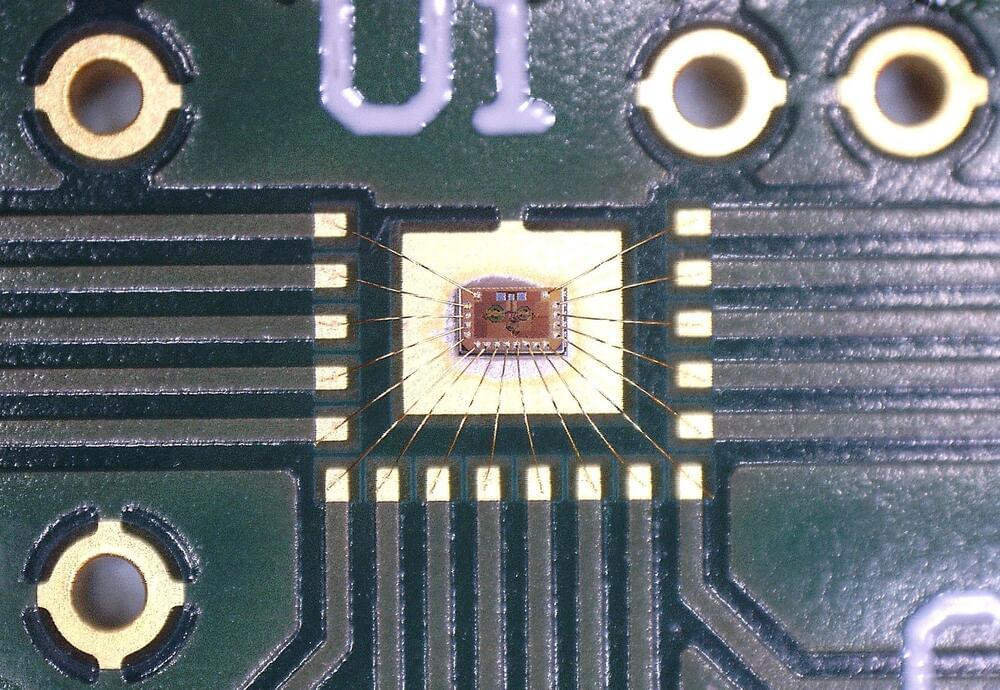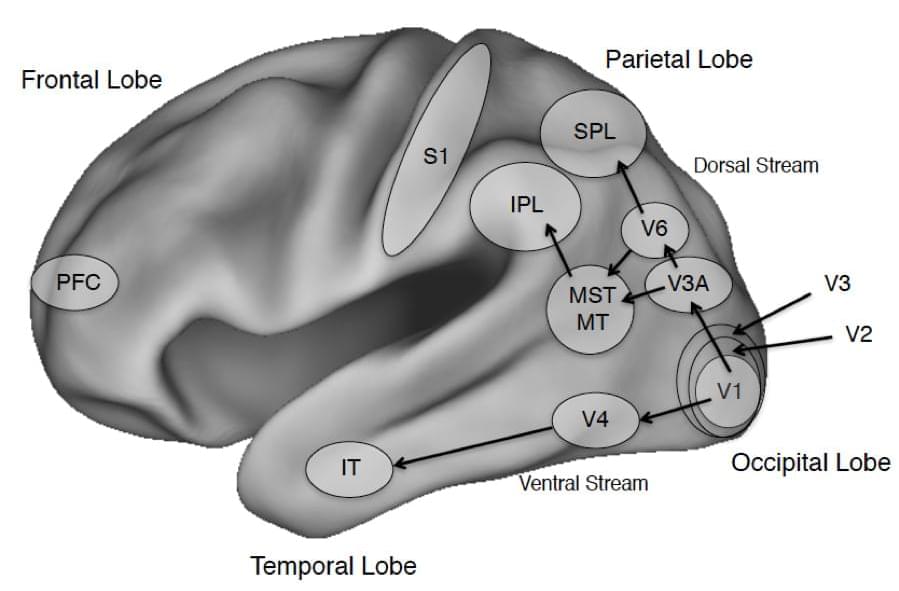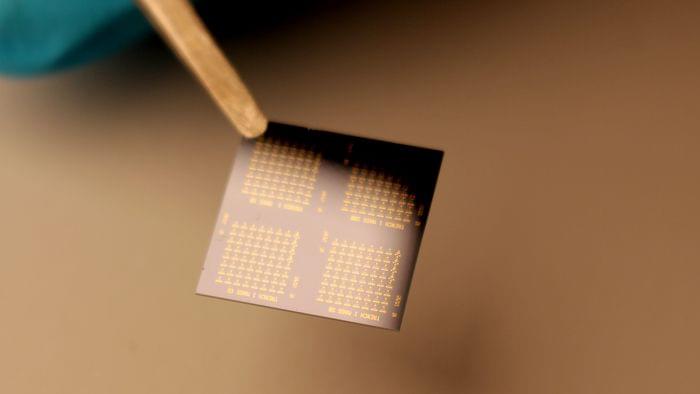Transistors based on semiconductor materials are widely used electronic components with many remarkable properties. For instance, they have a nonreciprocal electrical response, which means that they can isolate two parts of a circuit in such a way that one of the parts (the input section) can influence the other part (the output section), but not the other way around. In addition, transistors can amplify voltage signals, and thereby can supply energy to a system. Non-energy conserving interactions are usually referred to as “non-Hermitian.”
Researchers from Instituto de Telecomunicações at the University of Coimbra and University of Lisbon have recently introduced a new class of bulk materials that draws inspiration from the non-reciprocal and non-Hermitian responses of conventional semiconductor-based transistors. They presented these transistor-like three-dimensional (3D) bulk metamaterials in a paper published in Physical Review Letters.
Mário Silveirinha, one of the researchers who carried out the study, told Phys.org, “The ideas developed in our paper were mostly driven by the question: Would it be possible to somehow imitate the response of standard transistors in a bulk metamaterial? We were intrigued if it would be feasible to have a bulk material which, when suitably biased, could manipulate electromagnetic waves in the same way as a transistor manipulates a voltage signal.”
